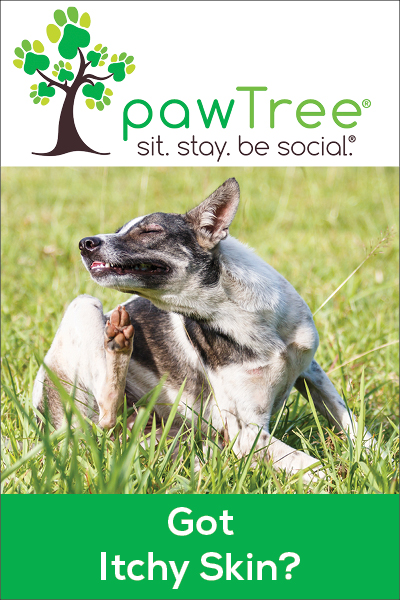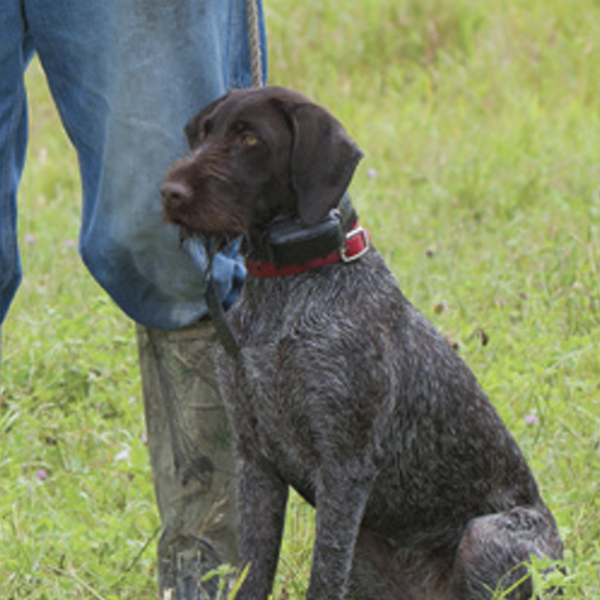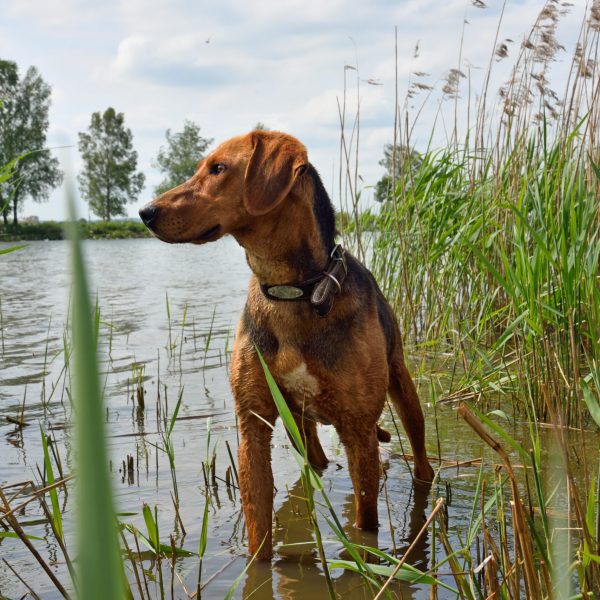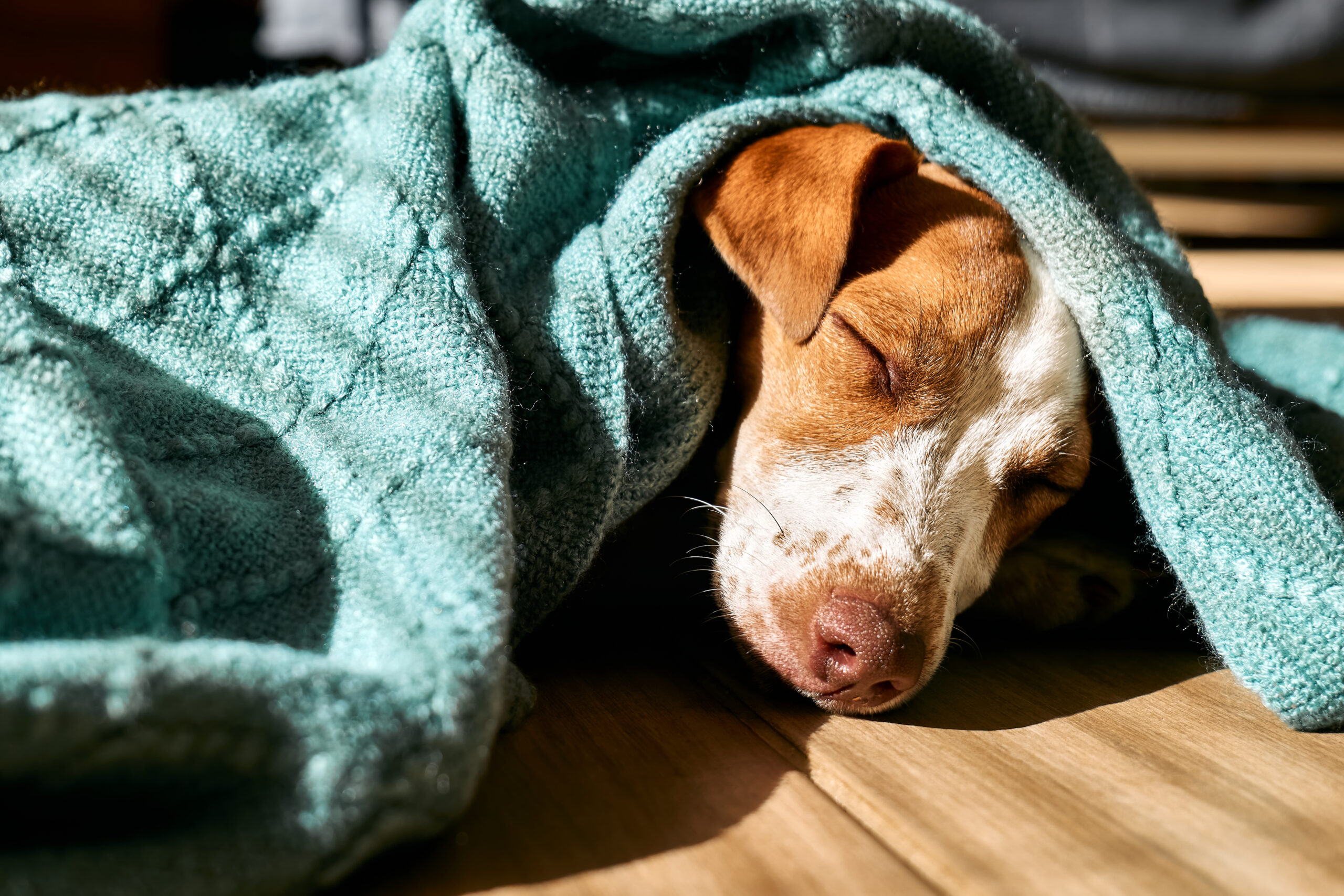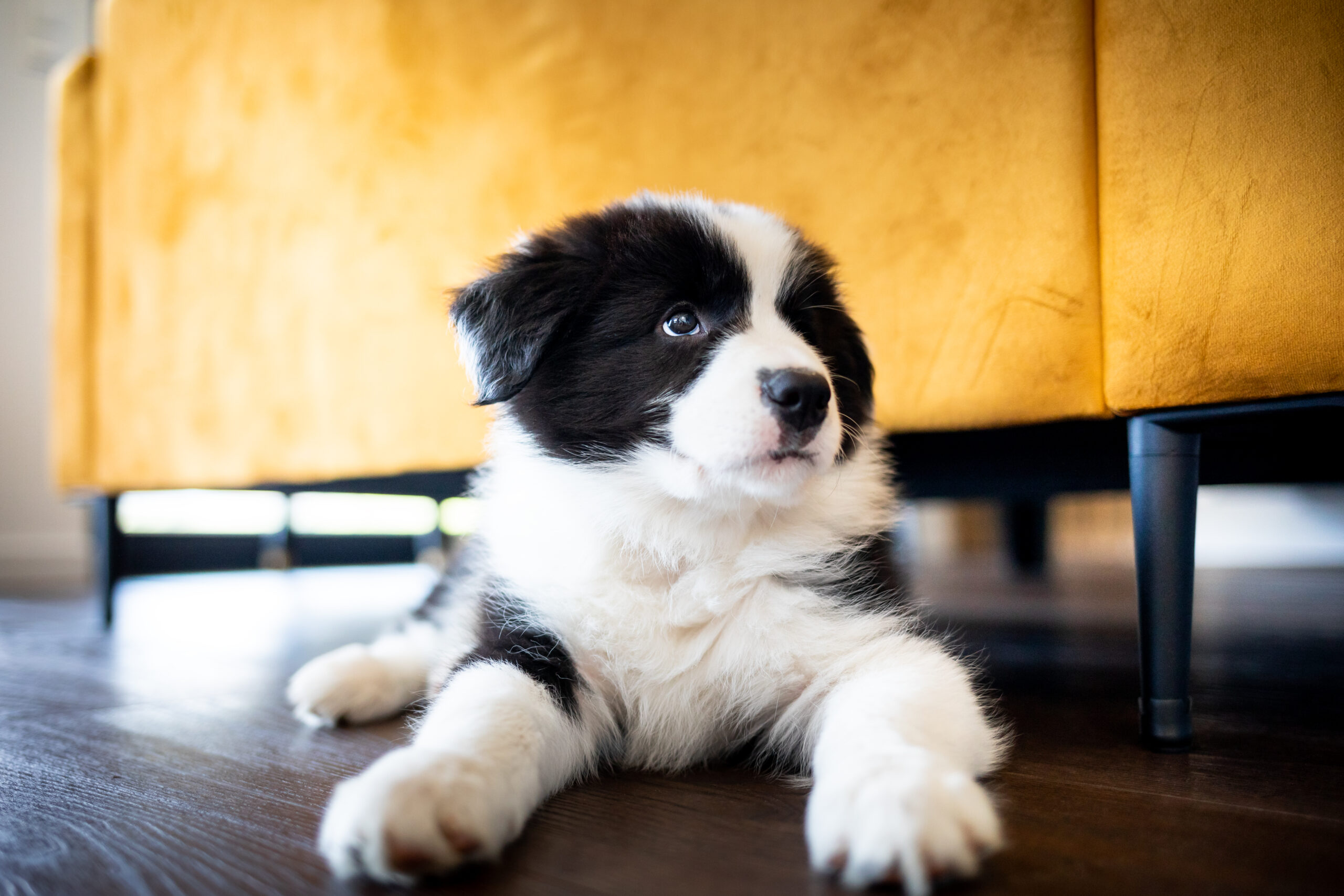
Things That You Should Never Tell a New Puppy Parent
People of all ages love puppies, and it can be exciting when someone that you love decides to bring one into his or her life. You may be thrilled for them, but there are times when you may open your mouth and say something that you shouldn’t. Many people try to say the right thing, and they only hurt their loved ones feelings.

